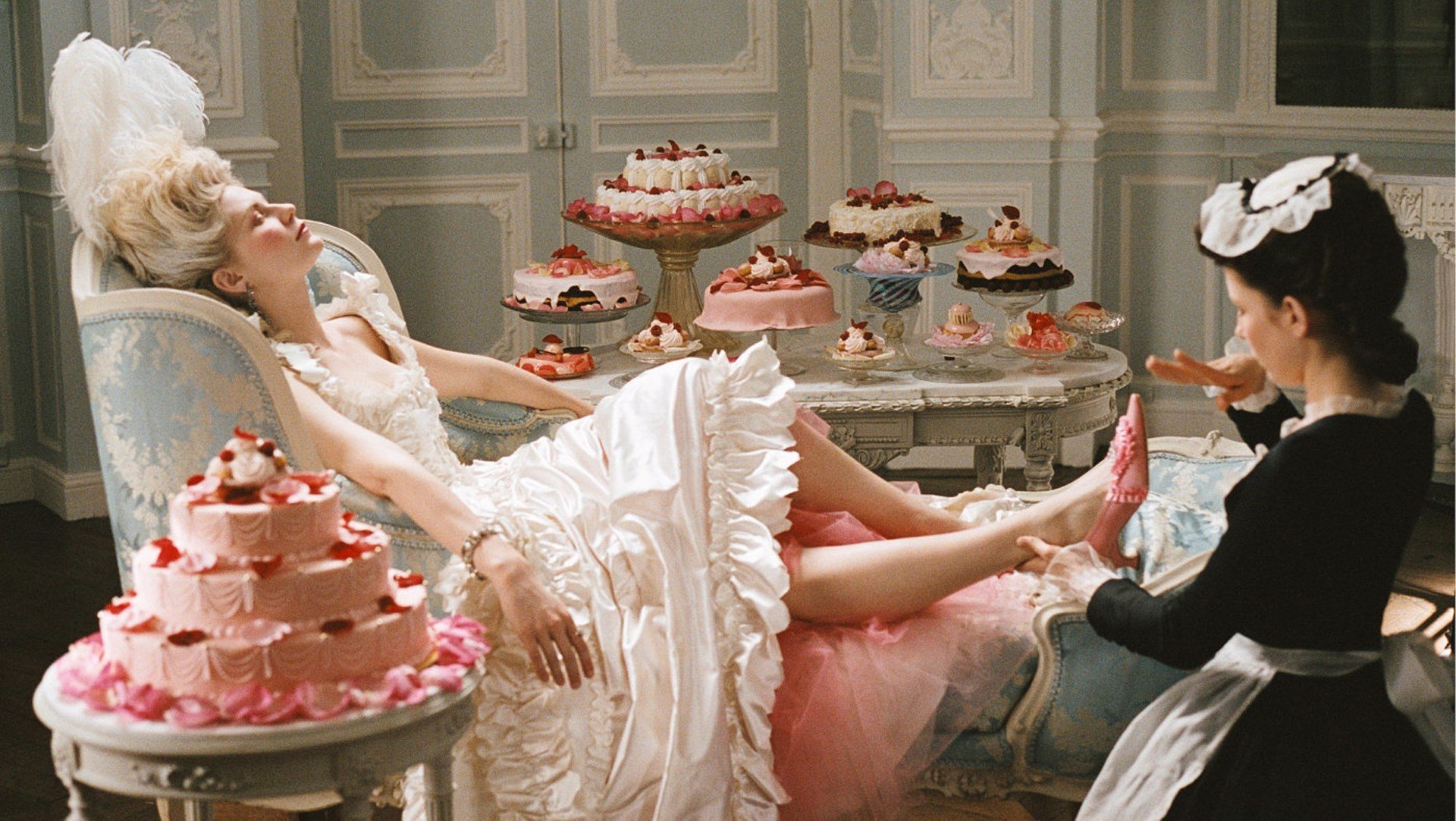Unit Study: Exploring the French Revolution
The rise of the proletariat launched the bloody end of the Old World and the beginning of a new one, and most people date the revolution’s official beginning to the opening of the Estates General, on May 5, 1789.
The French Revolution was the 18th century revolution that mattered. Across the Atlantic, the revolt of Britain’s colonies raised a few eyebrows, but it was the revolution in France that reshaped the European world. When the revolution began, Europe was dominated by virtually impenetrable class structures and wealthy aristocrats; by the time the French Revolution ended, the class and political landscapes of the Old World has been completely redrawn to value democratic political participation and individual rights. All of this makes it a particularly fascinating period of history to dig into with your high schooler.
SET THE STAGE
To appreciate the impact of (and motivation for) the French Revolution, you need to understand the world that preceded it. A big piece of that world is the pre-Enlightenment notion of royalty, captured in candy-colored opulence in the film Marie Antoinette. As you watch it, talk about the expectations of royalty: They really believed they ruled because some divine being wanted them to and had no problem living the high life regardless of the conditions in which their citizens were living. Were they evil or just completely oblivious? You can decide for yourself. And then you can watch 1938’s La Marseillaise to see the beginnings of this world’s unravelling.
CONSIDER THE SCOPE
Charles Dickens’s A Tale of Two Cities carries the reader from the first rumblings of the French Revolution to its bloody, battered climax through the story of two lookalikes who find themselves at the center of revolutionary action. As you read, think about how the revolutionaries are perceived — and how their aims and actions change over the course of the story. How do passion-fueled individuals become a violent mob?
For a non-fiction take, Alexis de Tocqueville’s The Ancien Régime and the Revolution isn’t a contemporary account (Tocqueville was born in 1805), but it’s a near-contemporary look at both the promise of democracy and the failures of democracy leading up to and in the wake of the French Revolution. As you read, think about what interests Tocqueville so soon after the revolution: How did this happen?
Finally, pick up The New Regime by Isser Woloch — it’s a bit staid, but it does a great job chronicling the Revolution’s major, world-changing effects (for better and worse). Divorce, universal education, revised penal codes — as you read, make a list of all the things we now take for granted that originated with the French Revolution.
GET PERSONAL
Once you’ve got a handle on the story of the Revolution, slow down and explore its impact on individual lives. You’ll probably have to read the subtitles, but the French film Danton, depicting the last weeks of Revolution hero-turned-public enemy number one Georges Danton, offers a meaningful look at the dark side of the Revolution (with a bonus commentary on late 20th century Poland). Think about the nature of betrayal in a world of shifting allegiances and power. Get outside of Paris with Daphne du Maurier’s The Glass Blowers, which focuses on the brutal royalist counter-revolution in the 1790s. The Broussard family (based on du Maurier’s real-life ancestors) are caught up in the prospect of revolutionary changes but find it hard to adjust to post-war hardships.



A Note About Affiliate Links on HSL: HSL earns most of our income through subscriptions. (Thanks, subscribers!) We are also Amazon affiliates, which means that if you click through a link on a book or movie recommendation and end up purchasing something, we may get a small percentage of the sale. (This doesn’t affect the price you pay.) We use this money to pay for photos and web hosting. We use these links only if they match up to something we’re recommending anyway — they don’t influence our coverage. You can learn more about how we use affiliate links here.